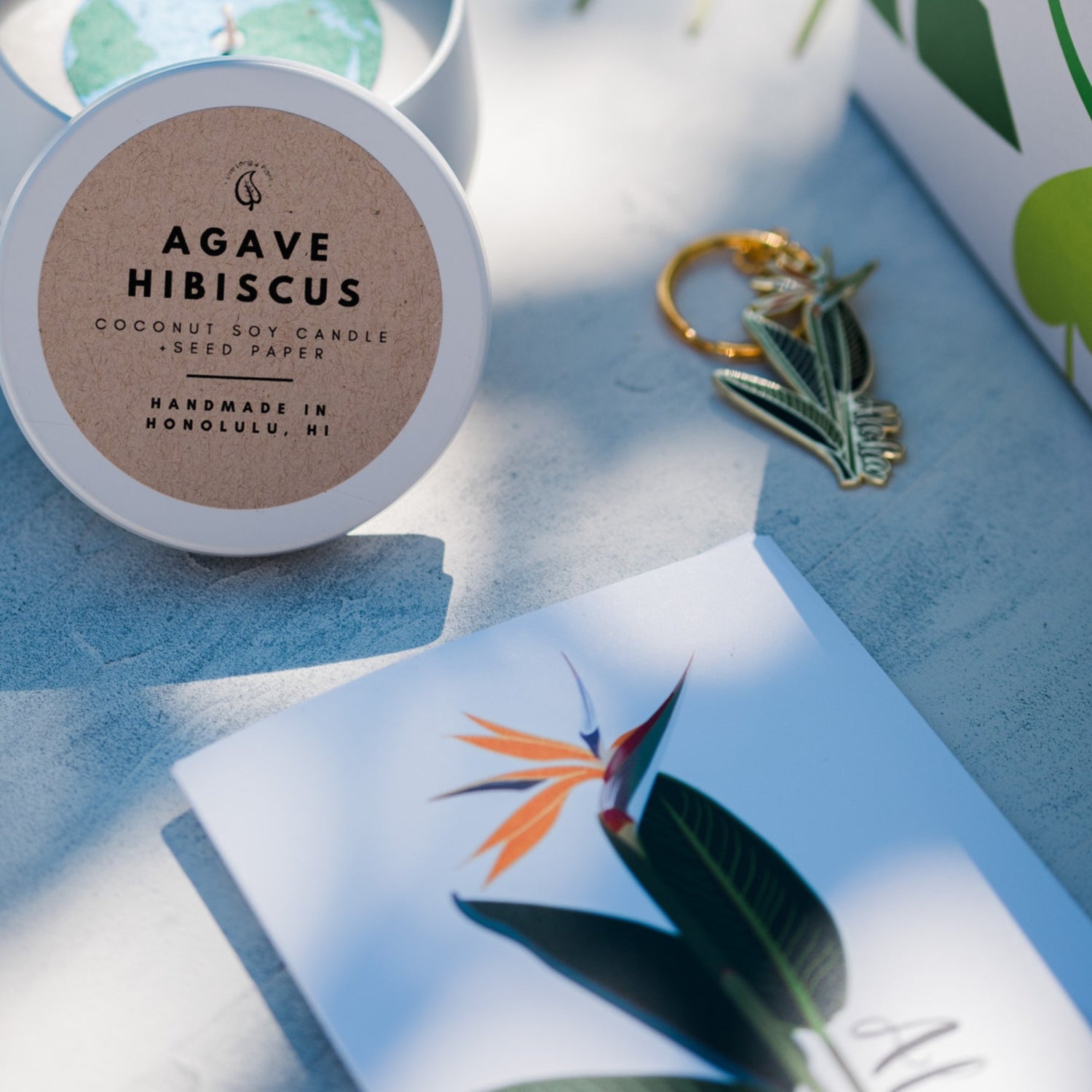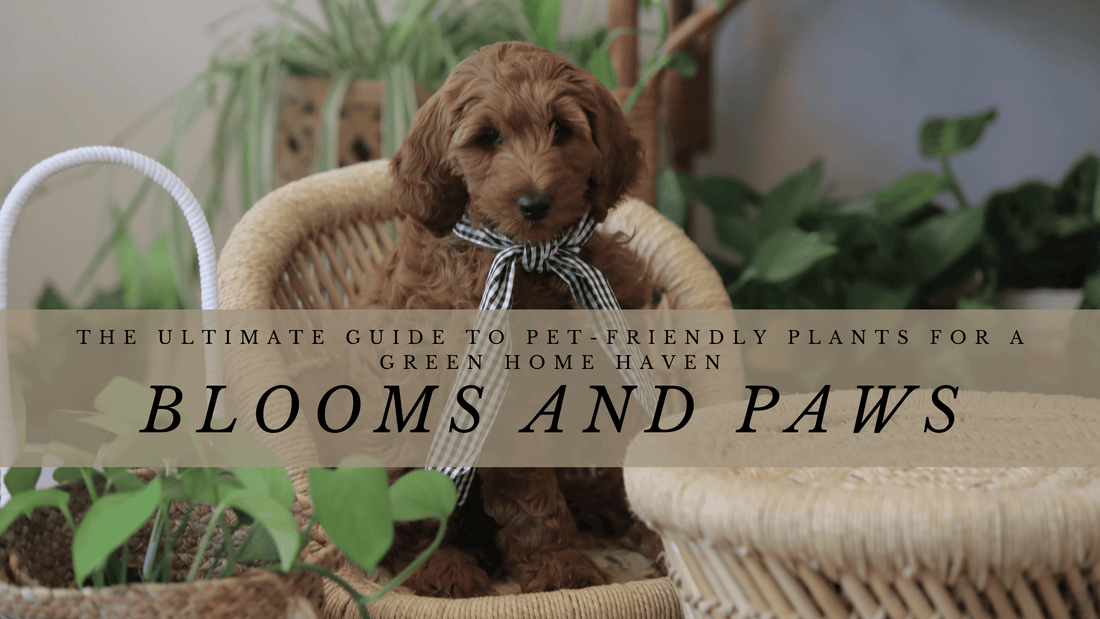While houseplants can add lushness and color to a room, many common houseplants can be toxic to pets if ingested. Symptoms of plant toxicity in pets can range from mild gastrointestinal upset to severe poisoning. Just like humans, pets can also have allergies. Some plants may produce pollen or other substances that can trigger allergic reactions in pets. Pet-friendly plants are less likely to cause these types of issues. By selecting pet-friendly plants, you reduce the risk of accidental ingestion and potential harm to your pets.
Next up, also known as the butterfly palm, Dypsis lutescens makes any interior feel like a trip to the tropics. Sometimes palm fronds can trigger a cat's playful swatting and biting instincts, so it's comforting to know that the areca palm isn't toxic for cats or dogs.
Charmingly known as Touch-Me-Not, impatiens are excellent balcony, walkway and window box plants. They offer bright, cheerful colors and, as long as they get plenty of water, will bloom continuously. They are easy to grow from seeds and will need moist, well-drained soil to thrive.
This cat-friendly plant is non-toxic and will put on a little show. The Calathea family is all about texture and vibrancy. The rattlesnake plant’s crinkly leaves make it a unique addition to your indoor garden and its low-maintenance factor makes it a nice addition to your schedule.
Want greenery that offers non-toxic plants for dogs and cats and produces gorgeous blooms? Look for Orchids. Few plants lend as elegant an air as an orchid. Luckily, you can add one to your home without posing a threat to your pooch. With proper care, orchids can last up to four months.
Rounding out our list of plants that are safe for cats and dogs is the prayer plant. It is ideal for small spaces like bookshelves and end tables. Its red, cream, and green leaves curl up at night, giving it its name. Moreover, it's one of the easiest houseplants you can grow that's also safe for pets. It grows best in medium or low light; you can let its soil dry out a bit between waterings.
While these plants are generally considered safe, it's important to monitor your pets' behavior and place all houseplants out of reach to eliminate the temptation to nibble on them. Additionally, individual pets may have different reactions, so it's wise to be cautious. If you ever suspect your pet has ingested a toxic plant or is displaying unusual symptoms, consult your veterinarian immediately.


